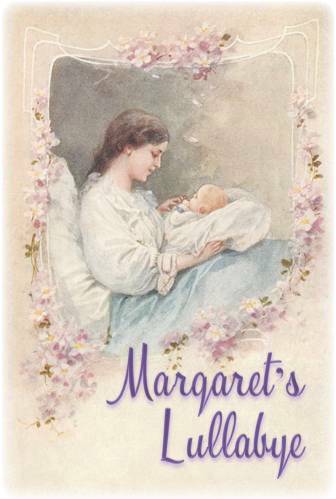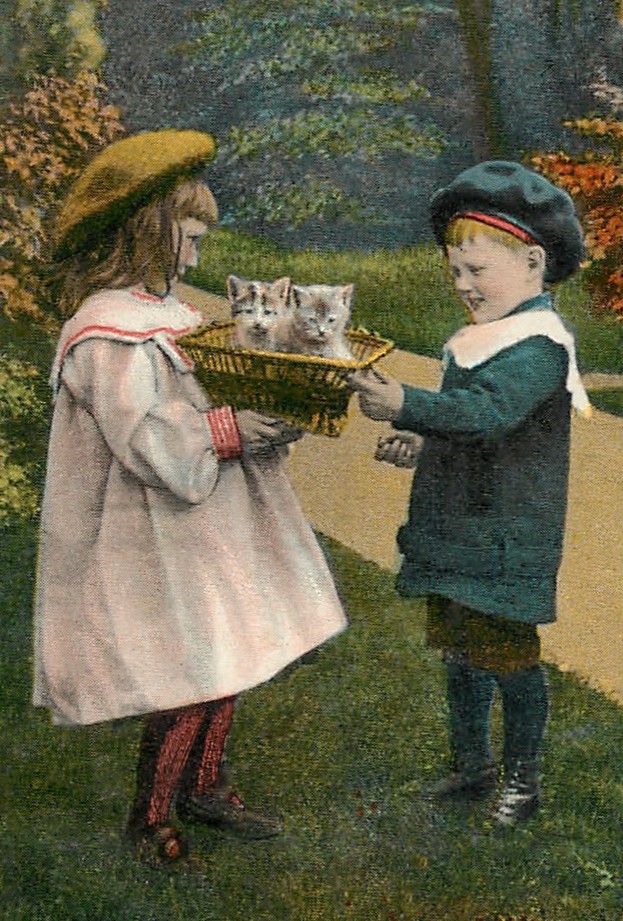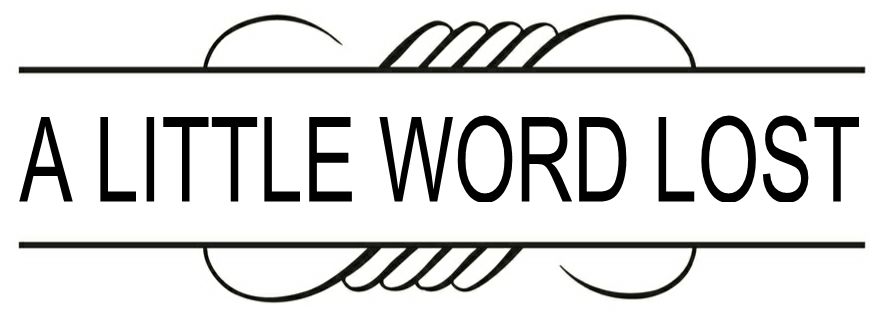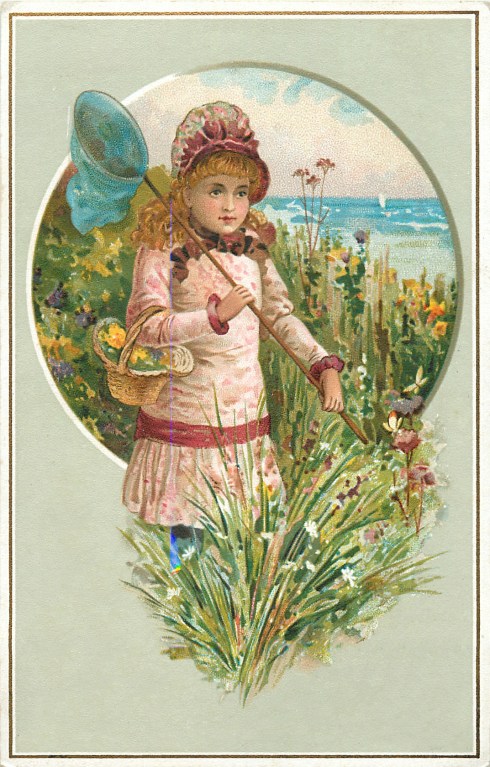Like her aunt Isabella, Grace Livingston Hill expressed her creative talents in many ways. Although she was best known for writing Christian novels and short stories (click here to read a few), she also wrote poetry.
After her first child Margaret was born in 1893, Grace wrote this charming poem to her darling little daughter:

The birdies have tucked their heads under their wings, And cuddled down closely, the dear little things; And my darling birdie is here in her nest, With her heart nestled close on her own mother’s breast.
The wind sings a sleepy song soft to the roses, And kisses the buds on the tips of their noses. Shall I sing a sleepy song soft to my sweet, And kiss the pink toes of her precious wee feet?
The butterflies fold their silver-gauze wings, And now sweetly sleep with all the fluttering things; Will you fold your wee palms, my dear little girl, And rest the tired footies, my dainty rare pearl?
The violet sweet has closed its blue eye, That has gazed all day long at the clear summer sky: Now droop the dark fringes over your eyes; They are weary with holding great looks of surprise.
The flower-bells have drooped their meek little heads, And laid themselves down in their soft, mossy beds. Your golden head droops and your eyes are shut quite; Shall I lay you down soft on your pillow so white?
Grace’s lovely poem was published in newspapers across the country . What do you think of “Margaret’s Lullaby”?



















